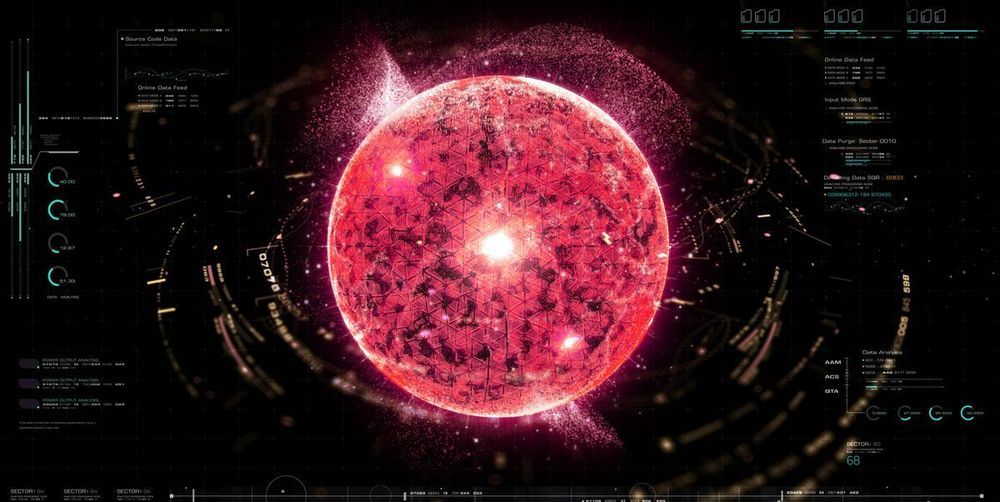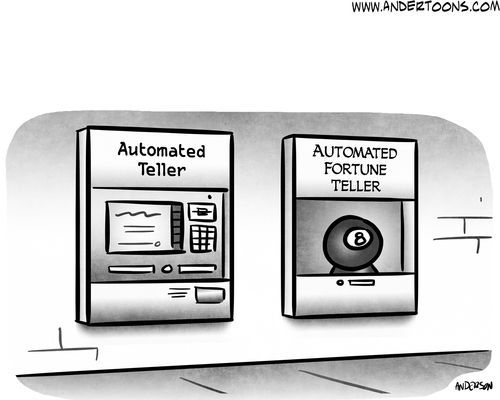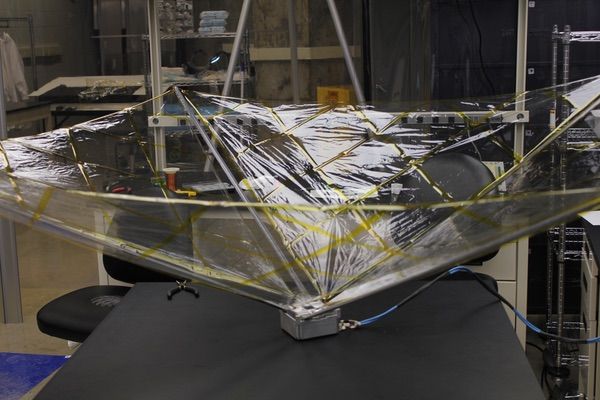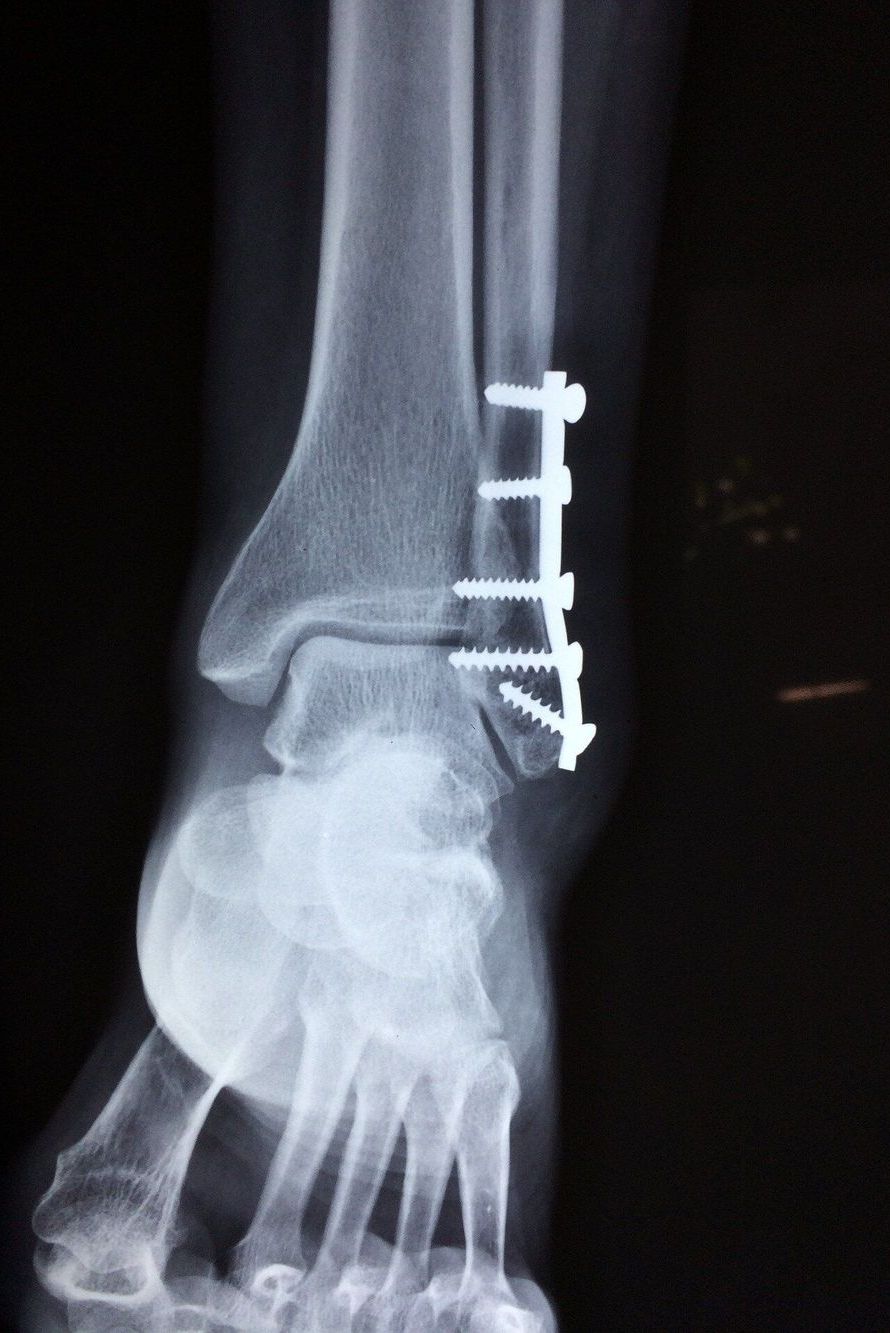A 3,000-year-old temple, built by the Canaanites around the time of the ancient Israelite invasion, has been unearthed in southern Israel.



Scientists in Australia are making some astonishing claims about a new nuclear reactor technology. Startup HB11, which spun out of the University of New South Wales, has applied for and received patents in the U.S., Japan, and China so far. The company’s technology uses lasers to trigger a nuclear fusion reaction in hydrogen and boron—purportedly with no radioactive fuel required. The secret is a cutting-edge laser and, well, an element of luck.
The laser doesn’t heat the materials. Instead, it speeds up the hydrogen to the point where it (hopefully) collides with the boron to begin a reaction.

Built on decades of previous research, a team from the University of Wisconsin-Madison teased out a tiny chunk of brain tissue within the thalamus, a nub above the brain stem, as a critical part of NCC. As proof of concept, they gave it several bouts of electrical shocks, and restored awareness in unconscious monkeys under heavy anesthesia.
The crux? As soon as the electrical stimulation stopped, the monkeys’ awareness also slipped away.
Although the thalamus has long been thought of as somehow involved in supporting consciousness, the study is one of the first to pinpoint exact neural circuits—highways between the thalamus and parts of the cortex—as “switches” for consciousness that we can control using brain stimulation. And that’s wonderful news for comatose patients.

If you can’t defeat death, what if you could postpone it, or at least postpone the diseases commonly associated with getting old?
Many people, especially the ultra-wealthy in Silicon Valley, are investing money into companies trying to answer exactly those questions.
Amazon CEO Jeff Bezos and billionaire PayPal co-founder Peter Thiel have both invested in South San Francisco-based Unity Biotechnology, a company whose mission is to “extend human healthspan, the period in one’s life unburdened by the disease of aging.”


This chapter appears concurrently in Age of Robots and includes content and quotes garnered from interviews with James J. Hughes, Jerome Glenn, Ian Pearson, Richard Yonck, John C. Havens and Alexandra Whittington on the Seeking Delphi™ podcast between April of 2017 and November of 2018. **.

There are currently about 22,000 tracked objects in LEO, some of which are smaller than one centimeter. The focus of many current plans has been on the active removal of current debris.
But with a projected 57,000 new satellites expected to launch by 2029, the question becomes: how to prevent new debris? Currently, at Purdue University’s School of Aeronautics and Astronautics, David Spencer and his team are working on a passive debris removal system using drag sail deorbiting technology where these passive deorbiting systems are embedded within a spacecraft for deorbiting at the end of the spacecraft’s lifetime.
Licensed by Vestigo Aerospace and funded through a Purdue University Research Foundation grant, Spencer and his team hope to launch a drag sail prototype with Texas-based Firefly Aerospace, no earlier than this April. Right now, Spencer is the project and mission of LightSail 2, a solar sail currently in orbit.

“The possibility that 100 years old might become the new 60” : EXCELLENT SLOGAN that doesn’t resort to the troublesome” I word” (“Immortality”)! Good article to share with non-science friends: light on hard science, but good emotional impact, incl. that catchy slogan.
Technology hasn’t just improved our lives; it’s also extended them — considerably.
For most of history, humans lived about 25 years. Real acceleration emerged at the turn of the 20th century, when everything from the creation of antibiotics to the implementation of better sanitation to the increased availability of clean water, and the ability to tackle killers like cancer and heart disease has us living routinely into our 80s. But many scientists believe we’re not stopping there.
Technological convergence is fueling this conviction. The intersection of artificial intelligence, cloud computing, networks, sensors, robotics, massive datasets, biotechnology and nanotechnology is taking direct aim at the limits of human lifespan.

People with diabetes are at a higher risk of fracturing a bone than the general population. And if they do break one it also takes longer than normal to heal.
In the March issue of Biomaterials, Henry Daniell, Shuying (Sheri) Yang, and colleagues at Penn’s School of Dental Medicine share promising findings from an animal model in which a plant-grown protein drug sped healing of a bone fracture. The work, which used the protein insulin-like growth factor-1 (IGF-1), showed that an orally delivered, shelf-stable medication grown in lettuce plants could stimulate the growth of bone-building cells and promote bone regeneration.
“It’s amazing how one protein impacted fracture healing,” says Daniell, corresponding author on the paper. “The current drug for diabetic patients with a fracture requires repetitive injections and hospital visits and as a result patience compliance is low. Here we gave an oral drug once a day and saw healing to be greatly accelerated.”
